Stream is starting soon.
Beyond Colonization
Published on 3 months ago
782 Views
0 Comments
Play
The Creolization of the Colony
There’s a hum in the air, a restless energy, a yearning for something new. We hear the drumbeat of ‘decolonization,’ a powerful call to dismantle the old structures, to unmake the colonial project. And rightly so. The wounds are deep, the injustices stark. But what if, in our fervent desire to decolonize, we are still trapped in the very binary thinking that birthed the colony in the first place? What if the act of unmaking, of stripping away, leaves us with a void, a brittle emptiness that yearns for a purity that never truly existed?
This isn’t about denying the brutal realities of colonization. It’s about recognizing that the world, in its messy, vibrant, interconnected dance, rarely offers clean slates or simple reversals. The quest for a pristine, pre-colonial past, while understandable, can be a dangerous illusion. Cultures have always been in motion, a constant swirl of influence, adaptation, and emergence. To seek a return to an imagined purity is to risk a different kind of fundamentalism, a new form of exclusion.
Instead, let us consider another path, a more generative, more complex unfolding: creolization. It’s a word that whispers of new beginnings, not through erasure, but through a profound, alchemical mixing. Creolization isn’t about subtracting the colonizer; it’s about weaving the threads of disparate experiences, languages, and ways of being into a new, more resilient fabric. It’s about acknowledging the entangled reality of our shared existence and finding the points of connection, the fertile ground where something entirely new can sprout. It’s a process of becoming, not of returning. It’s about building a future that is not just free from the colonial yoke, but rich with the unexpected beauty of its own unique synthesis.
Continue Reading
Think of the Indigenous embassy, not as a building, but as a living, breathing concept. It’s not a place where one nation dictates to another, but where different peoples meet, negotiate, and find ways to coexist. It’s a space of encounter, of diplomacy, built on principles that predate the colonial mindset: mutual respect, reciprocity, and a deep understanding of stewardship – not just of land, but of relationships themselves. These aren’t abstract ideals; they are lived practices, honed over millennia, that offer a profound alternative to the extractive, dominating logic of the colony.
Consider the Haudenosaunee, with their Great Law of Peace, a complex system of governance and diplomacy that brought together warring nations through careful negotiation and the establishment of clear protocols for interaction. Their councils were not about winning arguments, but about achieving consensus, about finding the common ground where all could stand. This was diplomacy rooted in relationality, in understanding that the well-being of the whole depended on the health of each part.
Or look to the Maori of Aotearoa, whose concept of manaakitanga – hospitality, generosity, and care for others – extends to their interactions with visitors and other tribes. Their pōwhiri, the traditional welcoming ceremony, is a powerful act of establishing relationship, of moving from a state of separation to one of connection, where intentions are declared and a shared space is created. It’s a process of careful observation, of listening, of understanding the other’s story before attempting to tell your own.
And how is this done? Through story. Story is not just entertainment; it is the very fabric of Indigenous knowledge, the living repository of law, history, and cosmology. It’s how wisdom is passed down, how patterns are recognized, how relationships are forged and maintained. Tyson Yunkaporta, in his own way, reminds us that stories are not just about transmitting information; they are about creating shared meaning, about weaving together different perspectives into a common narrative. They are the threads that can bind us together in a new and more resilient social fabric.
When Indigenous peoples engage in diplomacy, they often do so through narratives, through recounting their history, their connection to the land, their understanding of the world. These aren’t just anecdotes; they are legal arguments, historical records, and philosophical treatises, all wrapped in the accessible and memorable form of a story. This is how they build bridges, how they invite others into their way of seeing, not through imposition, but through invitation. It’s a slow, deliberate process, built on trust and repeated interaction, a far cry from the quick-fix, transactional nature of much modern diplomacy.
So, the task before us is not simply to dismantle the old, but to cultivate the new. It is to learn from these ancient ways of relating, to embrace the creolization of the colony, to allow new forms of being to emerge from the fertile ground of our shared, complex histories. It is to recognize that the future is not about returning to a mythical past, but about weaving a new story, together, one thread at a time.
8.5
N
Andrew is a photographer and writer from Wonnorua Awabakal Country Australia. His work with …
More Info
Artist:
Andrew D Flanagan
Bio:
Andrew D Flanagan
DOB:
Sarah J Flemming
Native Land / Region:
1hrA
Languages:
English • Lakota
Impact:
Suitable for all ages.
Films:
Wonnorua / Australia
Series:
Preservation / Conservation
Words:
Women Who Run With Wolves
Outside The Network:
Conservation / People
Coordinates: 63.5888° N, 154.4931° W
Native Land / Region: Name Name
Country: Alaska / USA
Recommended For You
The Wisdom of Natural Flow and the Violence of Artificial Channels
733 views
5 months ago
Following The Current
778 views
5 months ago
Must Hear
The Original Search Engine
763 views
2 years ago
Reweaving the World
596 views
2 years ago
Following The Current
778 views
5 months ago
Djapana
69 views
9 months ago
Seedcast
1046 views
2 years ago
Custodians of Tomorrow
915 views
2 years ago
The Wisdom of Natural Flow and the Violence of Artificial Channels
733 views
5 months ago
Be the first to review “Beyond Colonization” Cancel reply
You must be logged in to post a review.



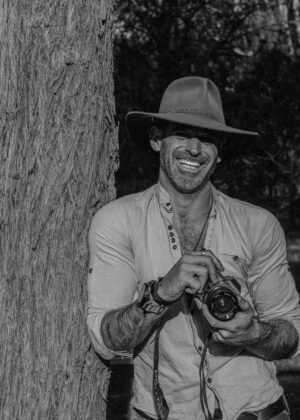


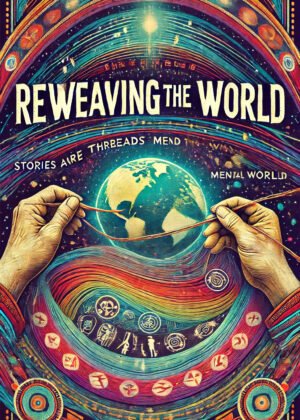
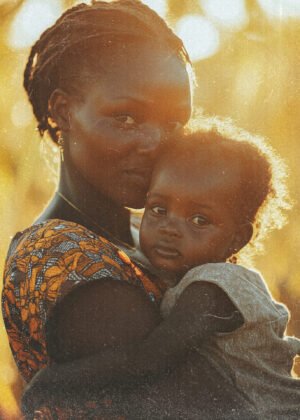
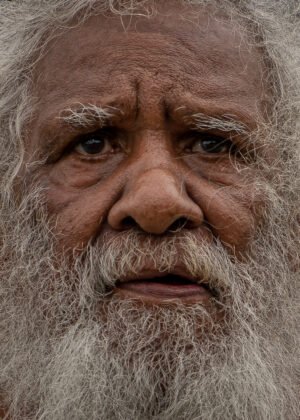
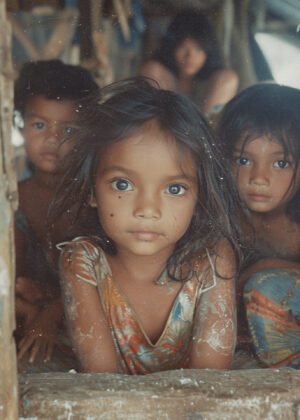






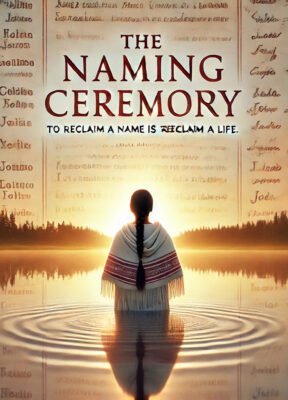
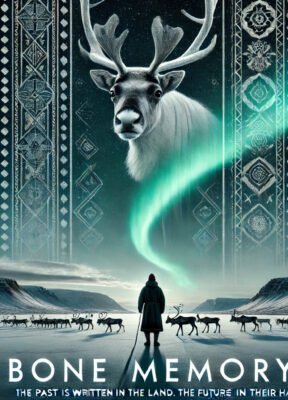



There are no reviews yet.